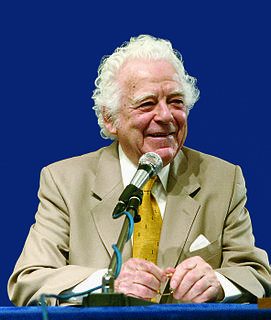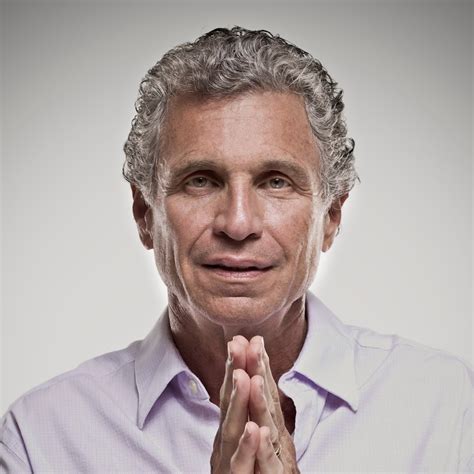A Quote by Richard J. Foster
Superficiality is the curse of our age. The doctrine of instant satisfaction is a primary spiritual problem.
Quote Topics
Related Quotes
Something is amiss, deeply wrong, something is deeply wrong with the way we're living our lives collectively, with the way we are creating our collective experience on earth. And we are coming to the conclusion that the problem after all is not political, that the problem after all is not economic, that the problem after all cannot be solved with bombs or missiles or bullets, but that the problem in fact is spiritual, that the problem with the world today is as it has always been, a problem of our most basic beliefs. Without a doubt it`s a spiritual awakening and a spiritual revolution.
I see the main problem as a spiritual one, not a resource problem, or a problem with this or that government, but a larger problem centered around human beliefs, the troublesome elements founded in our mythology. Our problematic mythology is collapsing all around us. It is a mythology that is predatory.
Contemplation in the age of Auschwitz and Dachau, Solovky and Karaganda is something darker and more fearsome than contemplation in the age of the Church Fathers. For that very reason, the urge to seek a path of spiritual light can be a subtle temptation to sin. It certainly is sin if it means a frank rejection of the burden of our age, an escape into unreality and spiritual illusion, so as not to share the misery of other men.
The central problem of our age is not liberalism or modernism, nor the old Roman Catholicism or the new Roman Catholicism, nor the threat of communism, nor even the threat of rationalism and the monolithic consensus which surrounds us. All these are dangerous but not the primary threat. The real problem is this: the church of the Lord Jesus Christ, individually corporately, tending to do the Lord’s work in the power of the flesh rather than of the Spirit. The central problem is always in the midst of the people of God, not in the circumstances surrounding them.



































